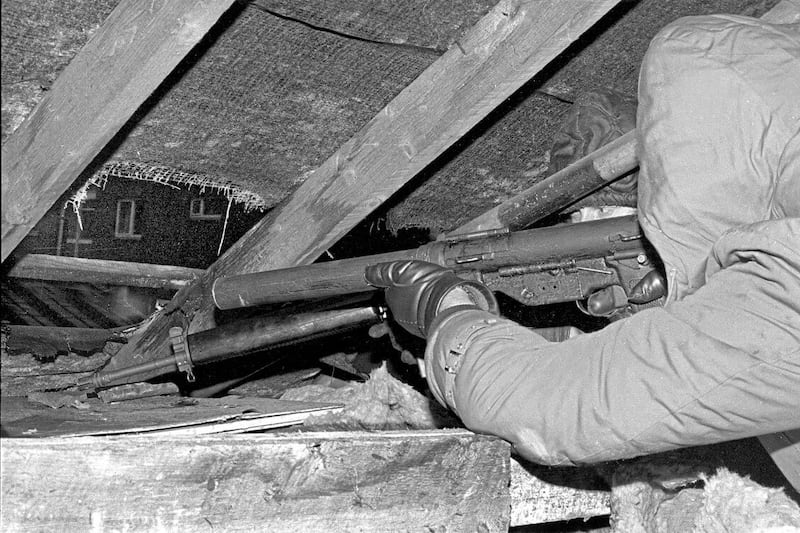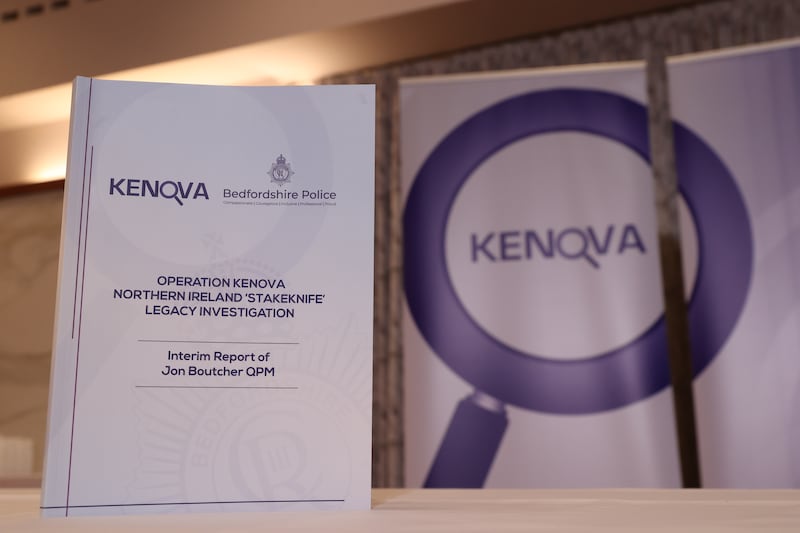The case of the notorious west Belfast IRA figure Freddie Scappaticci - who is widely believed to be the top level British Army agent known as Stakeknife - is deeply disturbing in every respect.
Scappaticci has been linked to at least 20 murders carried out by the IRA internal security unit called 'the nutting squad', although there have been strong hints that the actual total is much higher.
However, despite a comprehensive list of statements from the families of victims which specifically implicate him in the killings over a prolonged period, he remains a free man and has yet to be charged with even a single offence.
Scappaticci led a charmed life throughout the worst years of the Troubles, when he was allegedly allowed by his handlers to participate in killings in order to cover up his role as an informer.
He always denied the claims but eventually fled Northern Ireland more than decade ago after overwhelming evidence confirmed that he was the most high ranking mole within the ranks of the IRA.
Scappaticci is thought to have been living in England under an assumed identity ever since, where police officers are aware of his location and believed to have been in contact with him.
After a probe by the Police Ombudsman, the Director of Public Prosecutions, Barra McGrory, called for a full independent investigation into the Stakeknife saga last October.
The PSNI announced the following month that the task would be undertaken by officers from outside forces with a budget of up to £50m, but there is still no sign of any form of a breakthrough.
What is particularly concerning is that Scappaticci was brazen enough to meet grieving relatives in the past and provide them with face to face information about the murder of their loved ones.
Although witnesses insist that he was in possession of details which proved he had been directly involved in the killings, and have made formal statements to this effect, Scappaticci has yet to appear in a dock.
There will be obvious fears that the official protection which was extended to him down the decades remains in force and is frustrating the pursuit of justice.
A prosecution must be properly structured, and will take time to finalise, but there can be little doubt that the authorities have been well aware of Scappaticci’s full history for more than twenty years.
It is essential that the courts are given the opportunity to carefully assess the grave claims which have surrounded Scappaticci for so long and finally establish the truth behind the Stakeknife scandal.







